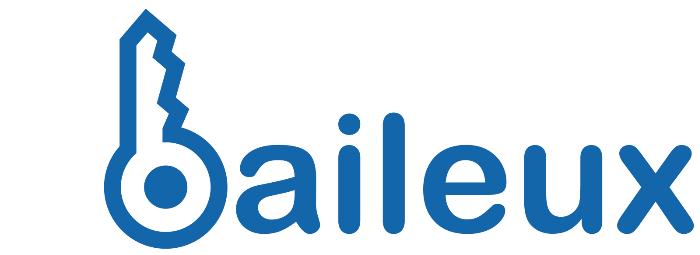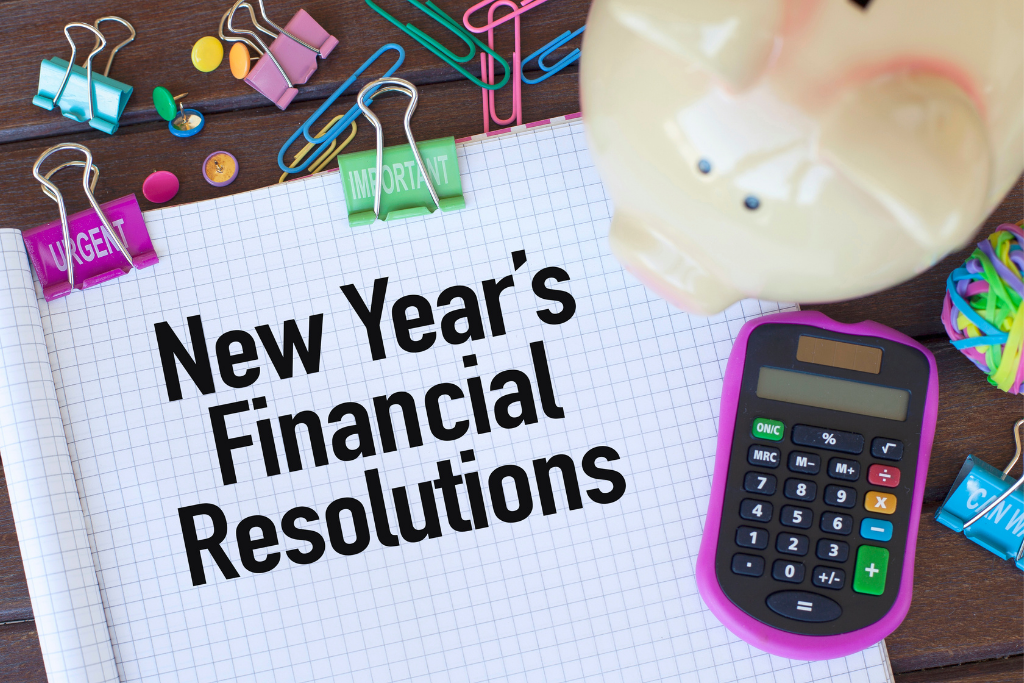Five financial new year resolutions to start in 2021
WANT to buy a house? Here are five financial new year resolutions to start now and keep in 2021 that might help you.
>>READ MORE: Lenders offering home loans under two per cent

1. Take stock your finance
You probably know how much you earn but do you know where your money is going?
Taking stock of your finances and knowing where every dollar you spend is being spent will make it easier for you to pay off debts and save for a deposit.
Start by sitting down and trawling through your bank statements for at least the last three months.
Make a note of everything dollar you spend and on what.
Then group those expenditures together into categories: food, rent, utilities, transport, takeaway, coffees, clothing etc.
Once you know where every dollar is going and on what, it is easier to sit back and look at where you can trim or consolidate to pay off your debts or save for your deposit.
This will also allow you – and potential lenders – to see how much disposable income you have to spend on a mortgage and how much you could potentially borrow.
Lenders compare what you earn against what you spend and this income-to-debt ratio is important to make sure you aren’t overextending when it comes to your home loan repayments.
2. Domino your debts
The sooner you can get rid of your debts, the faster you can start saving or save big for a deposit.
Plus, many lenders will require you to have no credit card debt to qualify for a mortgage loan.
One of the easiest ways to domino your debts is to take a note out of the Barefoot Investor’s The Only Money Guide You Will Ever Need.
Scott Pape suggests you write down all your debts and assemble them from smallest to largest.
Next, make sure you are paying the minimum on each and then, start by paying off the smallest debt first and celebrating when you do.
The money you have then freed up from paying the minimum on that debt can be pointed at the next debt, meaning as you continue paying off your debts, the amount you have available to pay off your debts grows, making the process faster.
>> READ MORE: The five steps to buying a property

3. Strengthen your credit history
Lenders check your credit history before offering or finalising a home loan.
So it is important to have a good credit history and avoid making any purchases that will result in new large debts while saving or applying for a loan to buy a home.
Credit history allows lenders to determine what type borrower you are – safe or risky – and the interest rate they will offer you.
Usually, only borrowers with a high credit score will be offered the lowest interest rates.
You can gauge the health of your credit history by buying a credit report. This credit report will give you a history of your financial activity and allow you to see any possible negative listings which could hinder your chances of getting a loan.
Equifax Personal allows you to order a credit report for free, here while Canstar has a free credit score check, here.
You can then strengthen your credit history by making sure you pay your bills on time, pay off any debt and only apply for loans when needed.
4. Saving a deposit
Saving a house deposit can seem like a daunting task.
The general rule of thumb when it comes to the amount of deposit you need for a home is 20% of the purchase price plus enough to cover the costs of buying the house.
To know this, you need to have an idea of what you will reasonably be able to borrow (and therefore pay on a house).
You can do this by following resolution one (taking stock of your finances) and the next and final resolution, getting pre-approval.
But after paying off your debts (resolution two), you can point the money you were paying to domino them at your deposit savings and watch it grow, fast.
>> READ MORE: Budget to help more first home-buyers

5. Get pre-approval
Knowing how much a lender might lend you is important to one, know how much to save for a deposit (resolution four) but also so you can start looking, negotiate or bid on properties within your price range.
Pre-approval is generally an approved amount, for a certain time period that a lender has agreed, in principle, to lend you towards the purchase of a home.
It is not a requirement in the process of buying a home but a valuable step (or in this case resolution) when it comes to your finances in 2021 and buying a house.
DISCLAIMER: The information contained in this article is general in nature and does not take into account your personal situation. It should not be taken as constituting professional advice.



